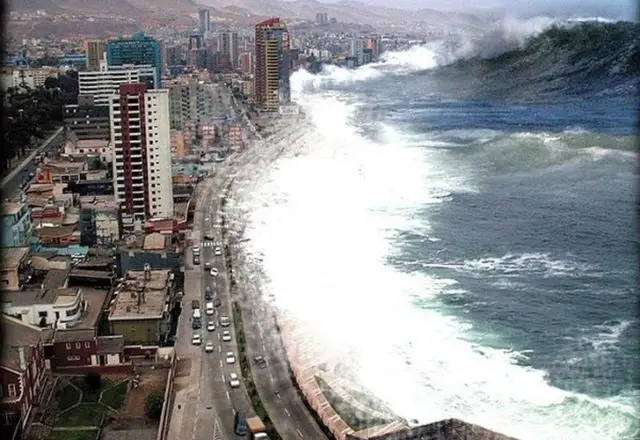Natural disasters are rare biological situations where nature is forced to correct bio-structural errors by water, land, or wind. Before such events happen, some forecasts must be taken regardless of the situation:
Volcanic eruptions
You must stay tuned through the radio to the indications given by the competent authorities, do not approach the volcano even if its eruption is mild since the wind can drag hot debris, there is a possibility that suddenly throws solid product.
Avoid enclosed or deep areas as harmful gases can accumulate that could cause asphyxiation, in case of covering your face with a damp cloth, respect the rules of access to dangerous areas. Since you know about living in a risk zone, you must keep a first aid kit at hand in this way if you have to evacuate the population urgently, you will have what is necessary for the emergency.
If you are outdoors, get away from the areas where the wind from the volcano blows; go to places of the height along established evacuation routes; do not cross streams or rivers.
If you are driving and are surprised by a rain of ashes, stay inside the vehicle with the windows and doors closed. In case you can move forward, do it but slowly.
In case of an earthquake or tremor
It is not easy to be in a natural disaster situation, safety must be one of your highest priorities. The best you can do is calm down and reason. The less you give rise to panic, the greater the chances of everything going well in the end.
You should always remember that natural disasters such as earthquakes are reactions of the earth in its continuous movement and that, given the imminence of such events, prevention is the best.
Before an earthquake, you should know the safety places near your residence to protect yourself in those cases you should not miss the first aid kit, water, non-perishable food, canned food, and chocolate that gives you energy. Have already planned with family the meeting place after the risk passes. During an earthquake, it is better to get away from buildings and windows and go to a place as clean as possible.
After an earthquake, turn on the radio and follow the instructions of the authorities without letting yourself be carried away by rumors. If there are wounded people, try to ask the relief agencies for mobile help, try to maintain control and the conscious and calm wounded by the situation.
Upon returning home you should check gas connections, electrical and secure the structure, make sure you contact your family so they know that you are well, always upload your documentation or something that identifies you.
In case of a tsunami

Tsunamis are generated by the telluric movements of the earth at sea level that unleash strong movements in the depths of it and with them great swells. These waves can have a speed of 800 km/h between each wave there can be a space of 10 minutes to 1 hour and reach a height of up to 15 meters.
In a coastal area, such as our country, you must stay alert to the local sirens that give notice of a tsunami or if the sea is collected, since that is a sign of a possible tsunami, and so keep in mind what to do at the time of an event of such magnitude.
You must know the area where you live in order to know its risk level, have a battery radio to be alert and follow instructions from the relief agencies, you must know where to evacuate towards the highest ground at least 11 meters above sea level (especially hills), and do not return until the authorities indicate it safe.
To finish, do not forget to cut off the gas and electricity supplies and take non-perishable food and the first aid kit with you. Stay away from areas near the sea, until the authorities indicate otherwise.
Use text messages to communicate with your family; stay tuned to radio or television news; save set of batteries, and only follow official reports. If you are locked up, keep calm, ask for help and wait for the rescuers to come; cover your mouth and nose, avoid shouting and give signs with blows with any element, since these events are unpredictable.

